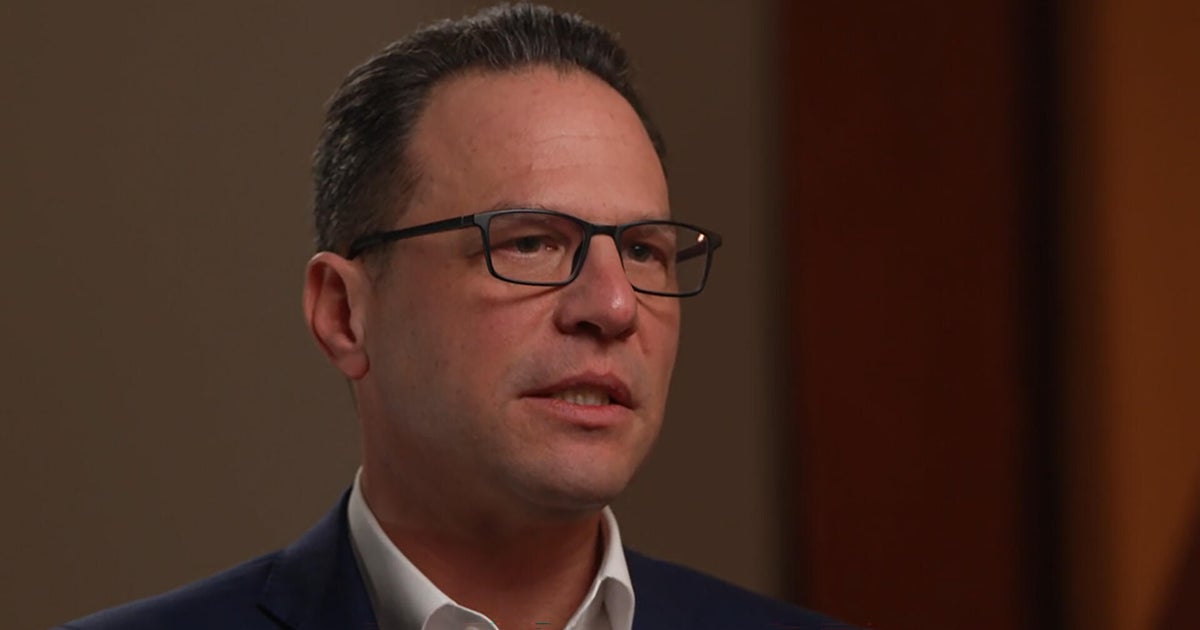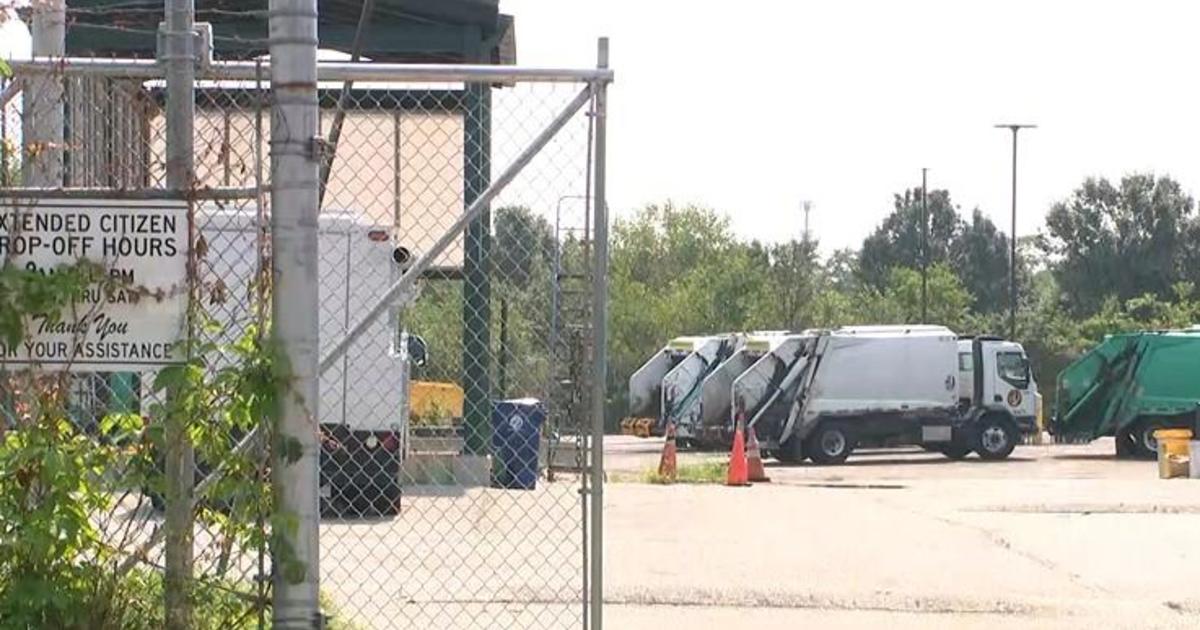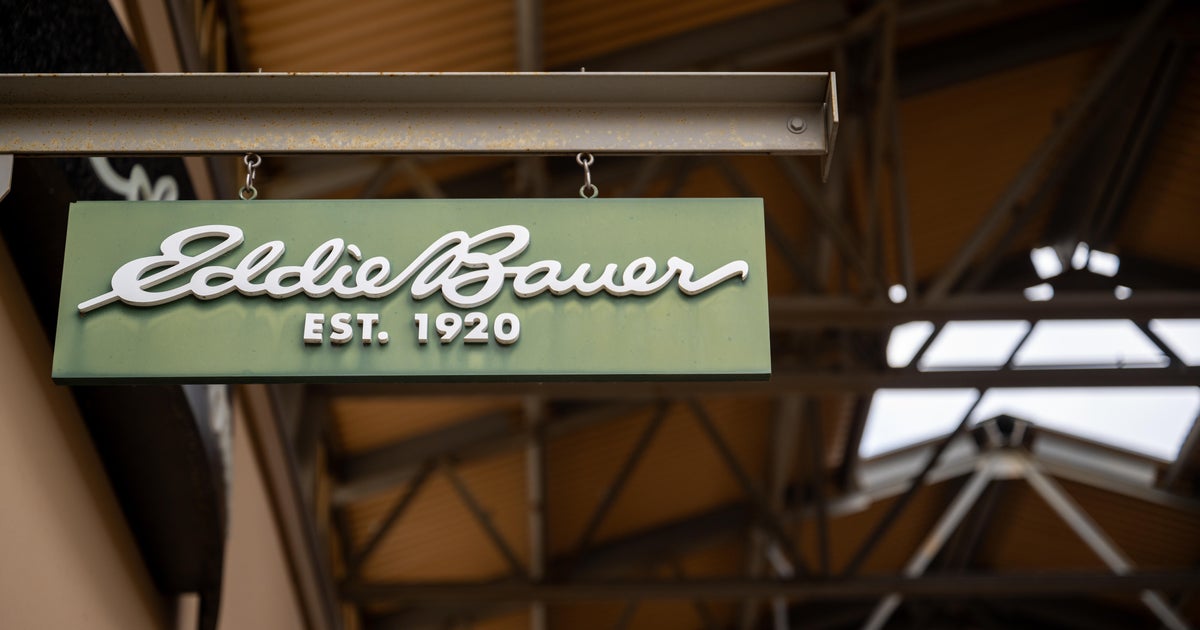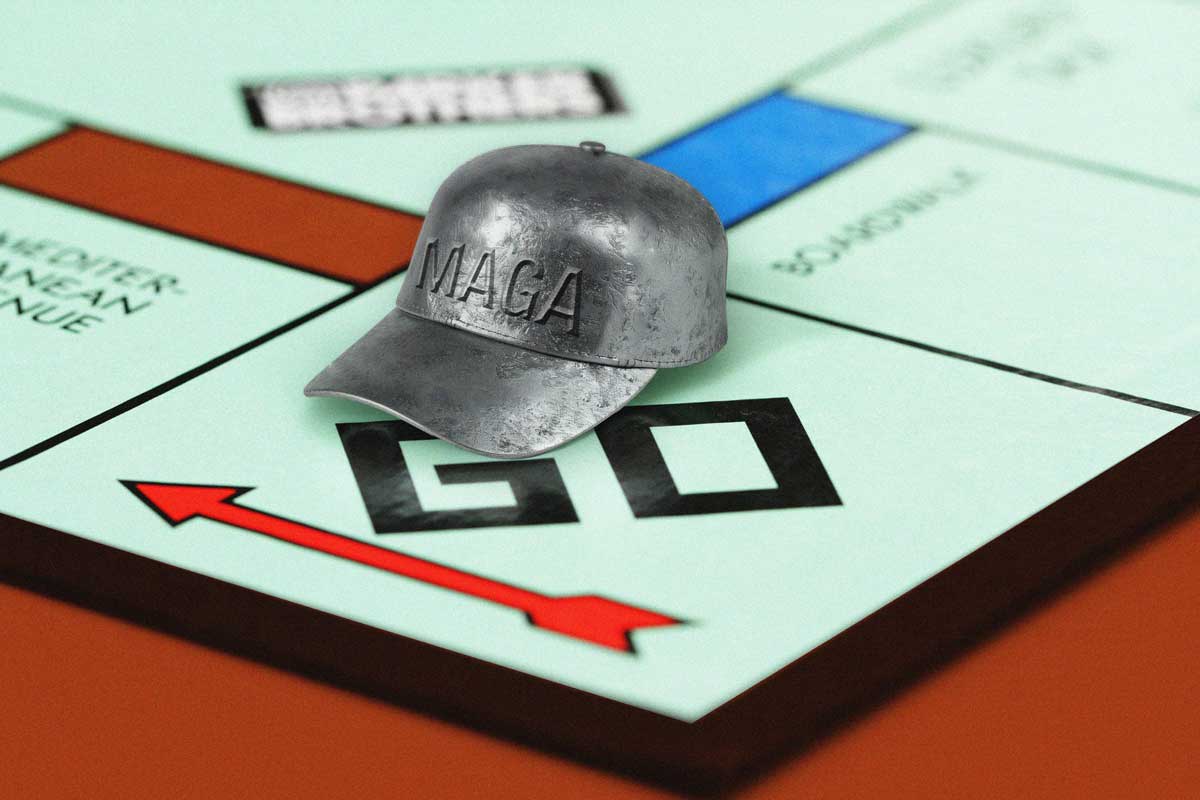After Washington, D.C., sues Amazon, other states reportedly consider antitrust actions
Antitrust clouds are gathering over Amazon in a week that saw the retail giant face its first U.S. lawsuit alleging competition-squelching practices just before the company announced its second-biggest acquisition ever.
Washington, D.C., filed a suit against the U.S.' largest online seller Tuesday, accusing Amazon of monopolistic behavior. The suit claims the e-commerce giant's dominance allows it to impose onerous terms on third-party sellers on its platform that drive up prices for online shoppers everywhere.
Now, other state enforcers are examining Amazon for potential violations, according to Bloomberg. Attorneys general in Connecticut, Massachusetts and Pennsylvania are looking at Amazon's practices, the outlet reported, citing anonymous people familiar with the matter.
Karl Racine, the D.C. attorney general, told reporters on Tuesday he had not coordinated with federal regulators on the suit. He said at the time he didn't know if other states would join or support the district's suit, while noting it was "not unusual" for that to happen.
Amazon is already facing antitrust scrutiny from the Federal Trade Commission as well as the attorneys general of New York and California, after a House subcommittee issued a scathing report on the retailer's practices late last year. Democrats on the committee said Amazon "has monopoly power over most third-party sellers and many of its suppliers," and cited many sellers who said "they cannot turn to alternative marketplaces, regardless of how much Amazon may increase their costs of doing business or how badly they are treated." The company is also being eyed by European Union regulators.
Amazon's stock was flat this week, with some Wall Street analysts noting the increased attention from prosecutors.
"[W]e see some headline risk that could open the door to further regulatory scrutiny," CFRA analyst Tuna Amobi said in a note to investors. Still, he said, the bar for proving monopolistic behavior remains high, and a court case is likely to take a long time and "traverse some antitrust gray areas."
For now, Amazon appears undeterred. A day after Racine's lawsuit, the company announced its second-largest acquisition, buying entertainment powerhouse MGM for $8.45 billion. The deal, second only to Amazon's 2017 purchase of Whole Foods, immediately raised the eyebrows of lawmakers and activists. The American Economic Liberties Project called for Congress to stop the deal, while tech industry critic and GOP Senator Josh Hawley tweeted that Amazon "shouldn't be permitted to buy anything else."
The case according to Washington, D.C.
The lawsuit against Amazon centers on the company's agreements with third-party sellers, who make up the bulk of sales on Amazon's platform. Amazon discourages those sellers from offering lower prices on their products outside its ecosystem by demoting or banning businesses that do so, the complaint notes.
Amazon charges high fees, approaching 40%, for sellers to use its marketplace, and sellers can't offset those fees without raising prices on their goods across the board, unless they want to be kicked off Amazon. This means that Amazon's practices raise prices for shoppers across the board, according to the suit.
"Far from enabling consumers to obtain the best products at the lowest prices, Amazon instead causes prices across the entire online retail sales market to be artificially inflated," the complaint states.
Amazon has long denied that its policies are anticompetitive, and objected to Racine's suit the day it was announced.
"The DC Attorney General has it exactly backwards — sellers set their own prices for the products they offer in our store," the company said in a statement this week. "Amazon takes pride in the fact that we offer low prices across the broadest selection, and like any store we reserve the right not to highlight offers to customers that are not priced competitively. The relief the AG seeks would force Amazon to feature higher prices to customers, oddly going against core objectives of antitrust law."



